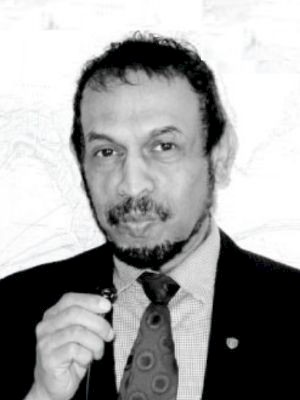Room 004, School of Arts and Sciences
Central Campus, Ahmedabad University

People say Japan is a “mono tsukuri” country. In Japanese “mono tsukuri” means “making things”, which basically means things that are tangible. In the West tangible digital devices are called “hardware”. The transformation of hardware, software and data make DX. However, this deep-rooted hardware culture has set the tone of DX in Japan. Some examples include digital photography, digital video, digital sound, digital scanning, electronic operation of automotive components, digital sensors, all involving hardware digitisation, where Japanese companies are global leaders. But digitisation based on software is dominated by West, including India. This talk will highlight this Japanese way of Digital Transformation; understanding which may be beneficial for any foreign entity wishing to do IT business in Japan, especially Indian IT companies wishing to enter Japanese market and for those who would like to work in Japan in the future. The contents of this talk are based on presenter’s own experiences working with Japanese companies of all sizes in different business sectors and also on a video series recently created by the presenter for Asia Productivity Organization.
Jay Rajasekera is currently Vice President and Dean of Graduate School of Business and Commerce at Tokyo International University. His specialties are in Digital Business and Algorithm Design. Born in Sri Lanka, He started his career at AT&T Bell Laboratories in New Jersey, USA, following his PhD in Engineering, focusing on algorithm design, from North Carolina State University. While at Bell Laboratories he designed and patented the computer algorithm for the construction of world’s first undersea fiber optic cable TAT-8 between US and Europe; world’s first demonstrations of Internet too, was done using this cable. Today, good percentage of global Internet traffic is carried over optical cables built using his algorithm. In 1995 he resigned and joined International University of Japan Business School, holding various positions. While he was the Dean of IUJ Business School, Business Week ranked it as Japan’s No 1 B-School. Author of three books and more than 50 academically rated journal publications. Companies he had offered consulting includes IBM, Fujitsu, and Hitachi. In 2023, he and his team won a Global AI Competition leading to a new start-up Tokyo AI which focuses on AI-driven Cyber Alerts. Europe’s largest Airport is one of its customers.